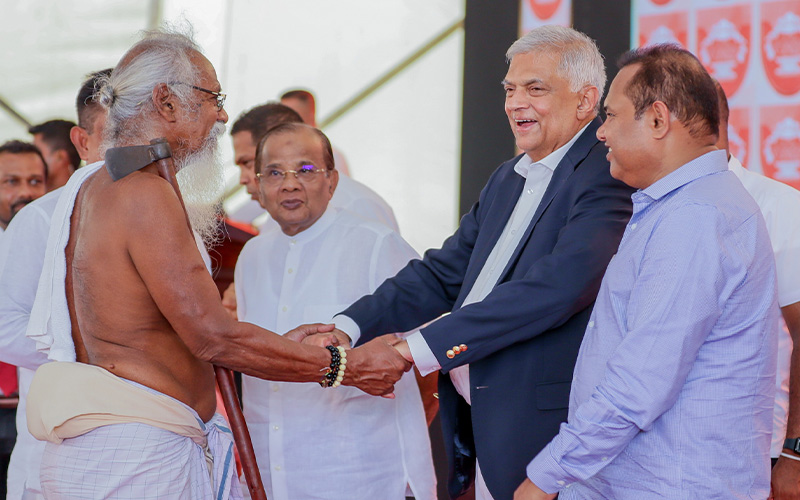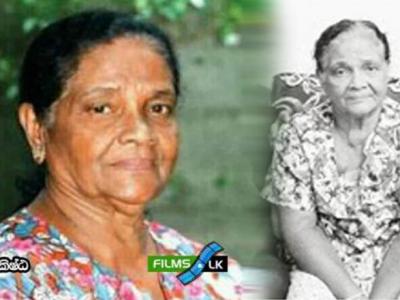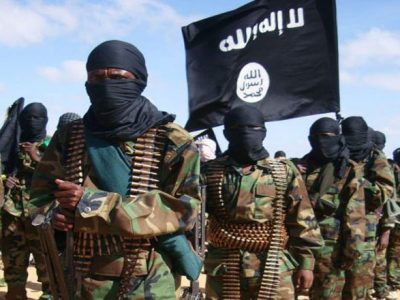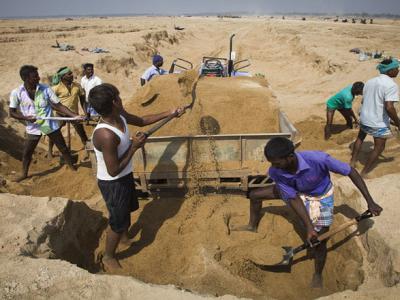(LANKAPUVATH | COLOMBO) – President Ranil Wickremesinghe highlighted the history of the “Urumaya” program, which was initiated in 2002 and 2003 but was subsequently halted due to a court decision. He emphasized that if the program had been implemented 20 years ago, the people of this country could have been granted free land rights earlier.
The President further stated that judicial power remains within Parliament and reiterated his longstanding view that the judiciary should not interfere with the executive powers of Parliament.
The President made these remarks while participating in the “Urumaya” Freehold Land Deeds program aimed at providing 2 million freehold land deeds, held at the Mahiyangana Public Stadium yesterday (14th). During the event, 662 individuals from the Badulla district were awarded freehold land deeds, with President Wickremesinghe symbolically presenting some of the deeds.
Simultaneously, President Wickremesinghe provided sports equipment to four schools in the Badulla district and inaugurated the newly constructed main auditorium of the Mahiyangana Public Stadium.
Addressing the occasion of the awarding of “Urumaya” freehold land deeds, the President further stated:
“The “Urumaya” Program was implemented in this country in 2002 and 2003 but was halted by a court decision. I acted according to the Land Development Ordinance of this country, which was prepared by my grandfather, S.A. Wickramasinghe, who served as the government agent in the North Central Province at that time.
D. S. Senanayake, then Minister of Agriculture, visited Anuradhapura to inspect the old tanks, some of which had been renovated, while others, including the Parakrama Samudra, were slated for renovation. Following these inspections, the focus shifted to settling the people in that area.
During this period, D.S. Senanayake informed my grandfather, C.A. Wickremesinghe, about the establishment of a new department called the Land Development Department and instructed him to take charge of it and draft the necessary laws. My grandfather prepared and passed these laws, became the first Land Development Commissioner, and settled the people in the area. The aim was to provide land to the landless people of the wet zone, establish villages in these areas, and develop both the wet zone and the newly established villages. This law was created to achieve that goal.
When I reviewed his files, I discovered a significant issue: many people in Sri Lanka at that time could not read or write. Consequently, various individuals exploited them by including them in agreements one by one and attempting to seize their land through loans. To address this, the land licence system was created.
The situation in 1935 was vastly different from today. Now, every family in this country has well-educated members, including graduates, doctors, and lawyers. Therefore, such exploitation is unlikely to happen today. However, back then, the lack of education made people vulnerable to such schemes.
We implemented this program when we started the Mahaweli movement.
However, after 10-15 years, it was no longer necessary as people protected their lands. I believed they would not sell their land, but eventually, people began to expect land rights. This necessitated a new law to provide these lands under the Land Development Ordinance. I presented the draft law, but the Supreme Court ruled that a referendum was necessary to pass such legislation.
If we had the opportunity to implement that program back then, we could have confirmed freehold land rights for the people 20 years ago. However, foreign investors were later given free land instead. If it was possible to allocate government land to the Shangri-La Hotel under the Land Ordinance, why can’t I, as the President, grant land rights to 2 million people?
Some have warned that this matter will go to court, but it’s important to remember that the authority lies not with the court but with Parliament. I have always maintained that the judiciary should not interfere with the executive power of Parliament.
I regret not being able to implement the program 20 years ago. Now, we are finally granting these land rights to the people. I first visited this area 60 years ago when it was a dense forest. In 1978, Minister Gamini Dissanayake initiated the Uluhitiya project here. Today, I am here to start the program of giving freehold land deeds to all those who came from Uluhitiya. This is your right, not a government favour.
The government took the land from the people to build the Kotmale Reservoir and the Theldeniya Reservoir, relocating those affected to these areas. These lands belong to you, and today we are confirming that right by issuing these freehold land deeds. I urge you to view this as the beginning of your progress. The government will provide the necessary support to ensure your success.
Minister Nimal Siripada de Silva:
I am delighted that the people of Badulla District have been chosen to benefit from the “Urumaya” Freehold Land Deed program, introduced under the leadership of President Ranil Wickremesinghe. In the Badulla district, there are individuals who have endured social injustices, and historically, land acquisition has been a root cause of conflicts worldwide.
President Wickremesinghe has taken on significant responsibilities during a challenging period for the country, introducing many new concepts not for narrow political gain but for the country’s benefit. He has put politics aside, making the right decisions for the country’s future.
The country needs a fearless and debt-free leader, and President Wickremesinghe has proven to be such a leader. He has stabilized the collapsing economy, provided fertilizer and fuel to farmers, and made determined efforts for the country’s welfare. President Ranil Wickremesinghe is a leader who has taken bold steps without fear or debt, fulfilling the challenges he accepted.
Minister Harin Fernando:
The challenge accepted by the President that day was far from trivial. He single-handedly made decisions to uplift the nation and rebuild it, striving to restore Sri Lanka’s reputation on the global stage.
In the midst of crisis, the people of Mahiyangana didn’t anticipate grand gestures. Farmers simply sought fertilizer and fuel. The land deed you will receive today is not insignificant; it is your heritage, intended to be passed down to future generations. The program was named “Urumaya” because it signifies passing on this legacy. It is not driven by political motives. I urge government officials not to politicize this program. Doing so would unjustly harm the people.
State Minister Chamara Sampath Dassanayake:
President Ranil Wickremesinghe inherited a country in turmoil, where even his own home was targeted by arson. In such dire circumstances, providing freehold land deeds was challenging, let alone ensuring basic food security for the people.
Regardless of what anyone may assert, President Ranil Wickremesinghe will reclaim the presidency of this nation. Today, the people have made their decision, fundamentally altering the political landscape of the country. Hence, no one can thwart the President’s inevitable victory.
State Minister Thenuka Vidanagamage:
Today marks a cheerful occasion for the people of the Badulla district. It is a day that fulfills a long-held hope for them. The “Urumaya” Freehold Land Deed Program, initiated as part of the President’s budget proposal, has become a reality, starting with the first program in Dambulla. This initiative will grant freehold deeds to over 66,000 people in the Badulla district. On behalf of the people of Badulla, we extend our gratitude to the President for this effort.
Additionally, there are numerous families in the Mahaweli C zone who do not possess land licenses. I appeal to the President to address their needs as well.
Governor of the Uva Province A. J. M. Muzammil, Parliamentarians Major Sudarshana Denipitiya and Nalaka Kottegoda, Senior Adviser to the President on National Security and Chief of the Presidential Staff Sagala Ratnayaka, Senior Additional Secretary to the President Chandra Herath, Director General of the Mahaweli Authority Mahendra Abeywardana, Panduka Sri Prabath Abeywardena, Leader of the Indigenous Population Uruwarige Wannila Aththo, along with political authorities, government officials, land title holders, and numerous guests attended this event.




